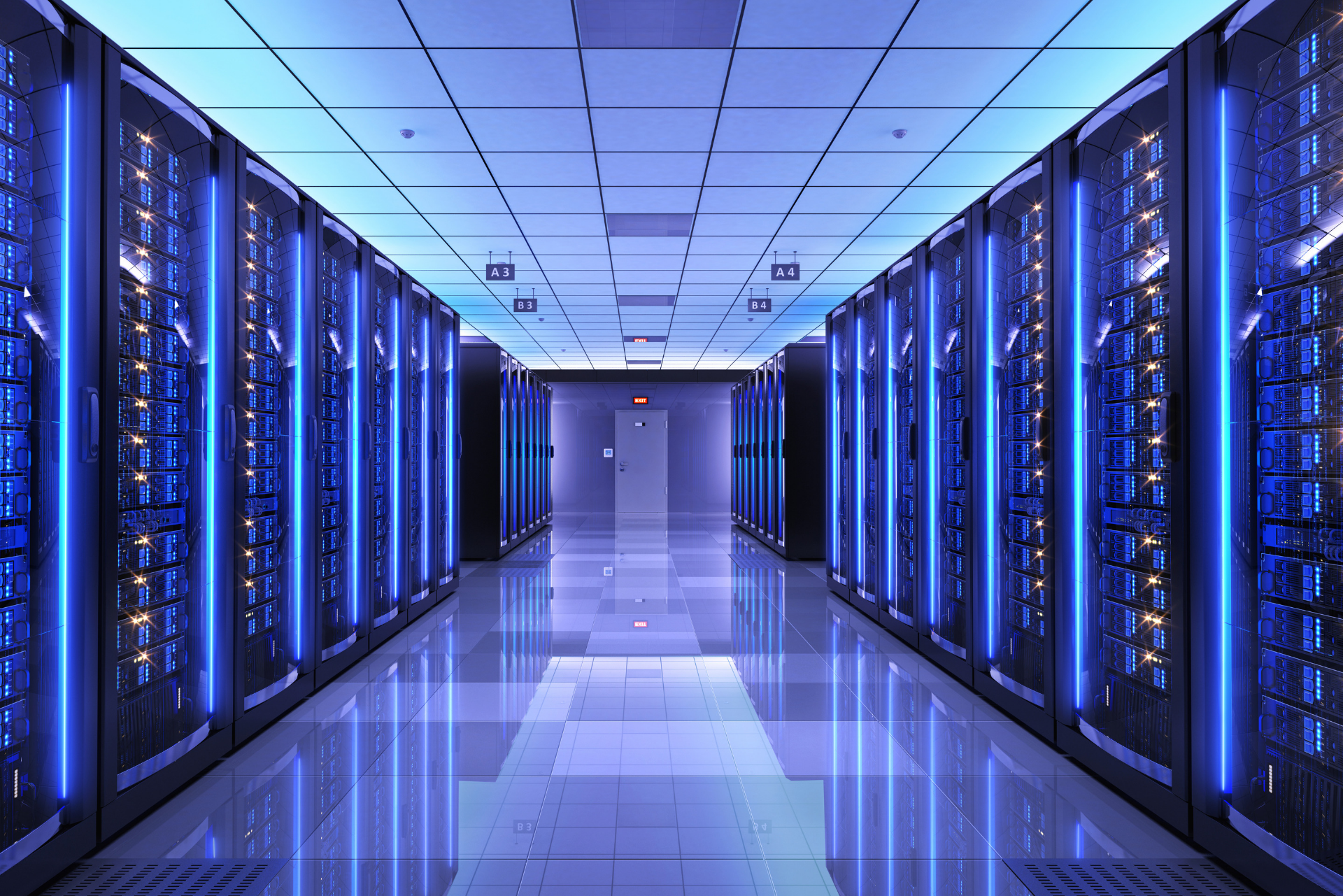
In today’s world, we rely heavily on the existence and security of data centers.
Think about how many times you check your email on your phone. Think about how many times you search the web or post to social media in a week.
Data is an inescapable part of our everyday life, which means that data centers play a critical role in keeping our daily life up and running.
A data center is a facility where an organization houses, manages and disseminates data. It includes technologies like:
The design of each data center is unique, but they can generally be classified as either enterprise/internal data servers or internet-facing. Internet-facing data centers have many users but support few applications, whereas internal data centers have only a few users but host far more applications.
The precise role of data centers varies depending on the organization that uses it. Some organizations use data centers to manage their own data, while others use data centers to host outside users.
However, most data centers have a few duties in common.
The biggest role is obvious: data management.
The sheer volume of data generated in a single day is mind-boggling—2.5 quintillion bytes of data are created each day at our current pace. And 90% of the data in the world was generated in the last two years alone, accelerated by the Internet of Things (IoT).
Overall, Americans use an average of 3.1 million gigabytes of data every minute.
This is how we got the rise of big data as an industry. More importantly, all of that data has to be stored and processed somewhere. If you’re an internet-facing company, you have to be able to store and process information about customer behavior in order to stay ahead.
This is where data centers come in.
All of that information doesn’t just float freely in the world, waiting for someone to reach out and snatch it. It has to reside somewhere—which is why there are more than 500,000 data centers worldwide with an estimated capacity of 1400 exabytes.
Of course, it’s not enough just to access data. You also have to be able to secure it. And in highly regulated industries with strict privacy laws (like healthcare), you can’t use cloud storage without the next obvious question: can you see your third-party provider’s security audit?
The truth is, with all the cloud offerings, not all providers conduct extensive outside audits. And that means that you can’t guarantee the security of your data. Nor can you guarantee the security of other companies using the provider and sharing storage space with you.
In those cases, a hacker doesn’t need to hack into your company. They just need to hack into your provider.
Internal data centers play a huge role in data security because your data (and the responsibility for securing it) remains solely in your hands. You don’t have to worry about anyone else’s lackluster security protocols, which means you can keep your intellectual property and customer data safe.
Data centers are part of securing data, whether it’s customer behavior data or your intellectual property information. But if you know data, you know that storing data and making sense of data are two different things.
Visit our blog for more articles at the intersection of technology and safety.
The headline and subheader tells us what you're offering, and the form header closes the deal. Over here you can explain why your offer is so great it's worth filling out a form for.
Remember:
These Stories on Cloud
800 Town and Country Boulevard, Suite 500
Houston, Texas 77024
Call us: 877-571-7475
Lange Kleiweg 10
2288 GK Rijswijk
The Netherlands
No Comments Yet
Let us know what you think